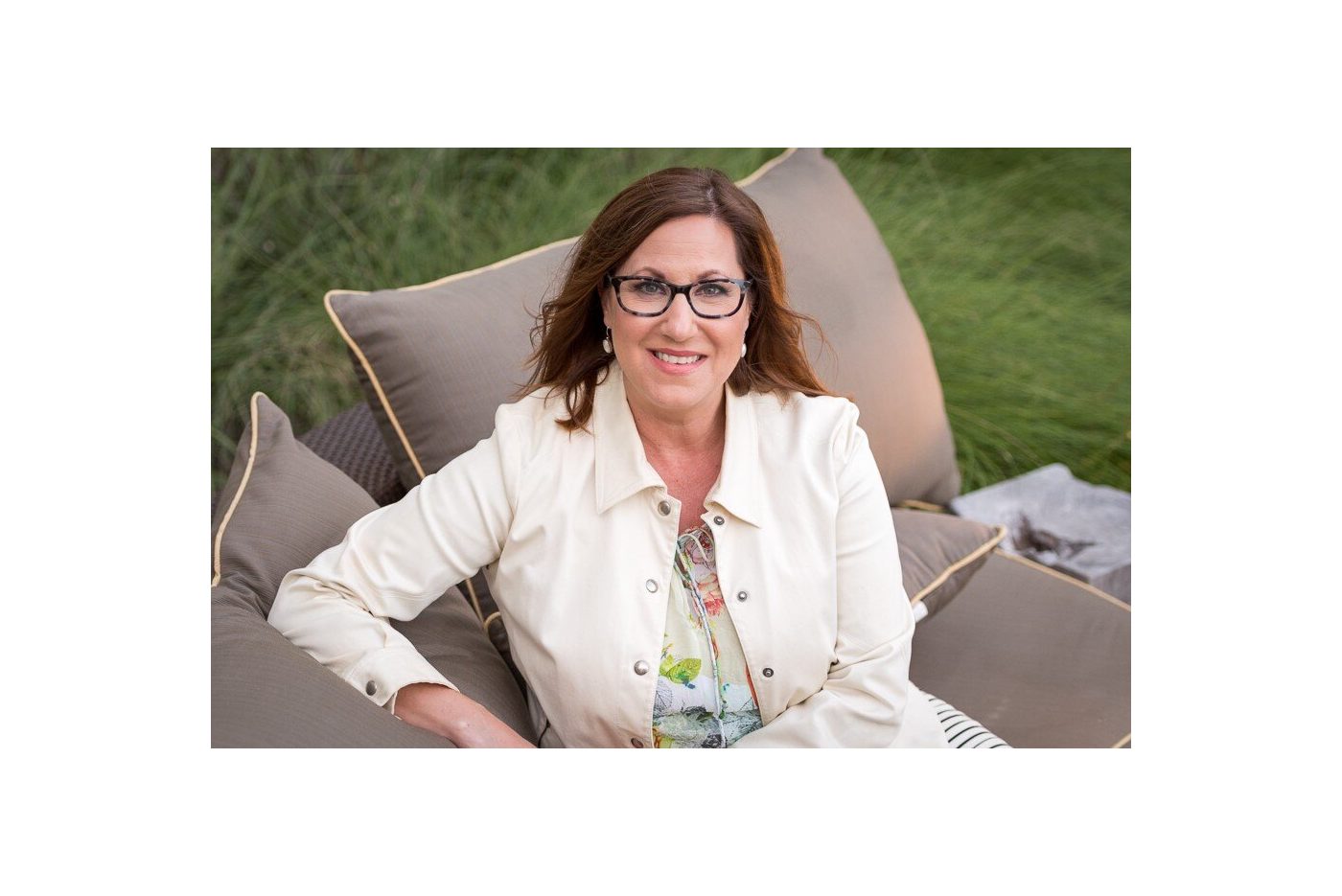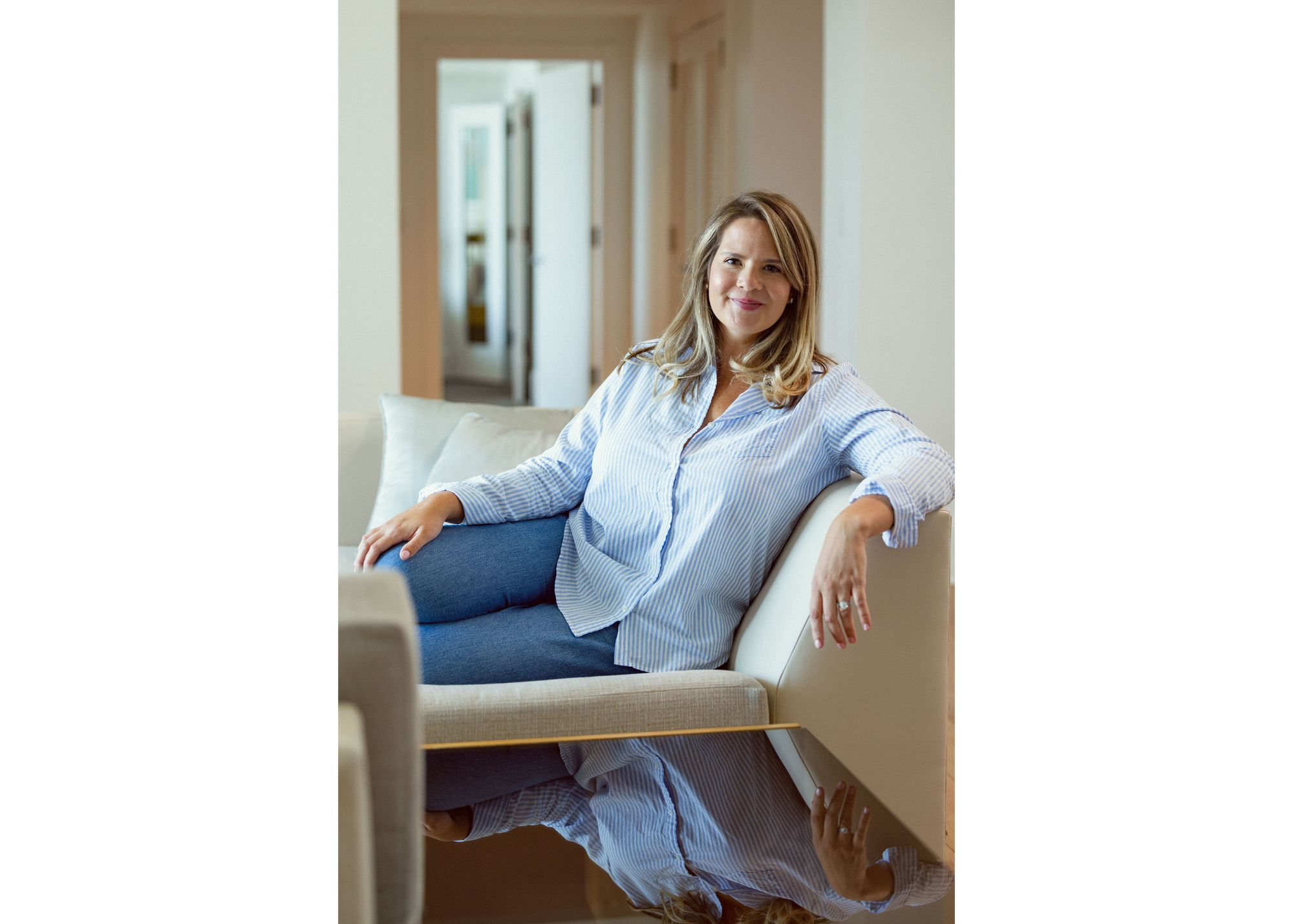Interested in starting your own entrepreneurial journey in training and education but unsure what to expect? Then read up on our interview with Tamara Markova, Founder of Amsterdam Strategy and Culture School, located in Amsterdam, Netherlands.
What's your business, and who are your customers?
I am an educational entrepreneur working in the field of executive education. I mainly focus on two areas: organizational culture and workplace well-being. My business offers executive education programs at top universities, certification programs in organizational culture via my online school, and corporate trainings both in culture and workplace wellbeing. My customers are the people who, just like me, believe that the world needs better organizations: purposeful, human-centric, and socially responsible. My students believe that it’s not all about profits and productivity, and work can (and should be) a source of fulfillment rather than one of frustration. And rather than just complaining, they take an active position against the profit-obsessed business philosophy. They follow our educational programs to positively transform organizations: as internal/external consultants, representatives of the HR function, or team/company leaders.

Tell us about yourself
My career started in academia, with a Ph.D. in Business & Economics (focus on Organizational Behavior). After this, I spent over ten years in the corporate field, working in various roles in strategy and M&A for multinational companies. The corporate field felt like playing a small and safe game. I always think of how I will evaluate my life at the end of it, and at some point, it was impossible to keep justifying this self-limiting career. In my humble opinion, having a corporate job is much easier – safer, more predictable, and more certain. However, it limits your impact on a single company. Having my own business was a platform that allowed maximizing my positive impact. Also, I decided to build an educational business rather than a consultancy for positive impact scalability. A culture change project takes at least 3-6 months. This means that you can only transform 2 - 4 companies per year. Via an educational business, we can transfer the knowledge to hundreds of students per year, who in turn go on and transform cultures in organizations across the globe.
What's your biggest accomplishment as a business owner?
The biggest accomplishment so far has been finding the courage to speak up on topics that make many corporate leaders roll their eyes:
- That focusing on profit generation and shareholder value is an old-fashioned, narrow-minded approach that leads nowhere.
- That culture should not be used as a soft employee manipulation tool to make them voluntarily work even more.
- Leaders set the tone for culture and are the only ones to blame if culture is less than great.
- That the fish always starts rotting from the head down.
Also, every student joining our programs is a huge accomplishment. Each of them becomes a change agent that will go on positively transforming the business environment, one company at a time.
What's one of the hardest things that come with being a business owner?
The freedom of having your own business comes with the burden of full responsibility for your life. No boss to blame, no corporate politics to hold liable, and no peers to share accountability with. There is a complete lack of external structure. You are entirely responsible for your actions, or lack thereof, successes or failures, perseverance, or apathy. This kind of groundlessness can be anxiety-provoking and should be recognized as a critical element of having your own business, especially if you transition from the safe haven of corporate employment.
What are the top tips you'd give to anyone looking to start, run and grow a business today?
- It’s not all about money. External rewards only satisfy lower-level human needs. If you shift your focus from profits to the purpose (your business’s reason for being other than profits), this will serve as a better source of energy and motivation. How is the world a better place because your business is in it? Let the answer to this question be your driver.
- Aggressive selling does not work anymore. Customers have a choice, and they choose to put their money into products or services that reflect their values. Focus on translating your values and let them act as a magnet for customers who believe what you believe.
- Speed is more important than perfection. Iterations, prototyping, and testing the market with teaching you more than taking years to develop a polished offering. Besides, if you focus on customers who share values similar to yours, they will enjoy being part of the shared journey where they co-create the offering with you.
Where can people find you and your business?
Website: https://www.theascs.org/
LinkedIn: https://www.linkedin.com/in/tamara-markova-phd/
If you like what you've read here and have your own story as a solo or small business entrepreneur that you'd like to share, then please answer these interview questions. We'd love to feature your journey on these pages.
Turn your craft into recurring revenue with Subkit. Start your subscription offering in minutes and supercharge it with growth levers. Get early access here.



